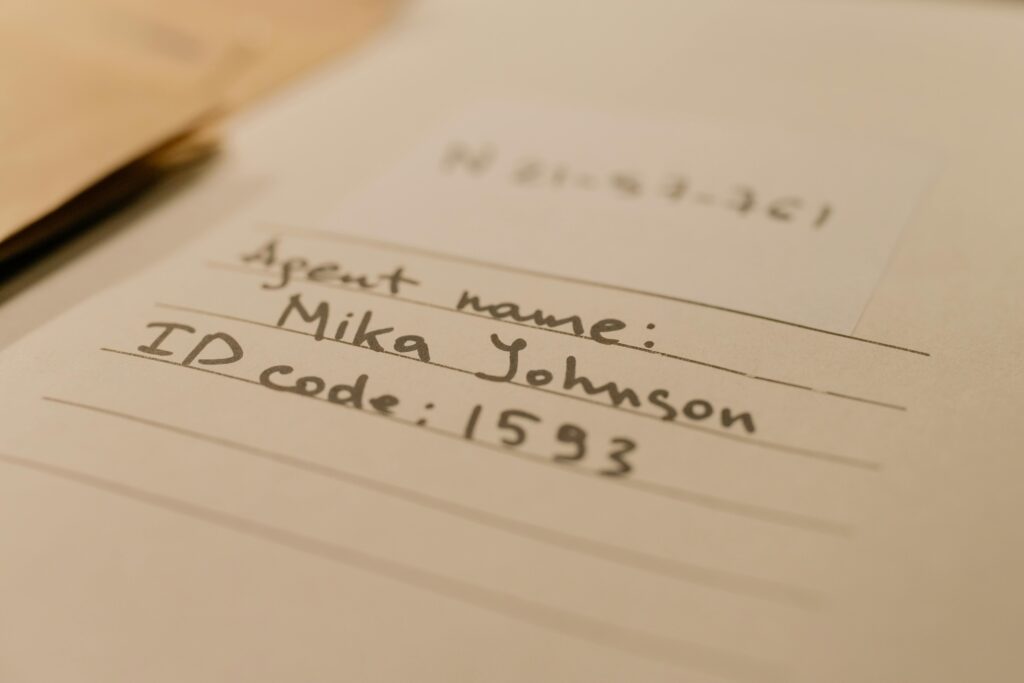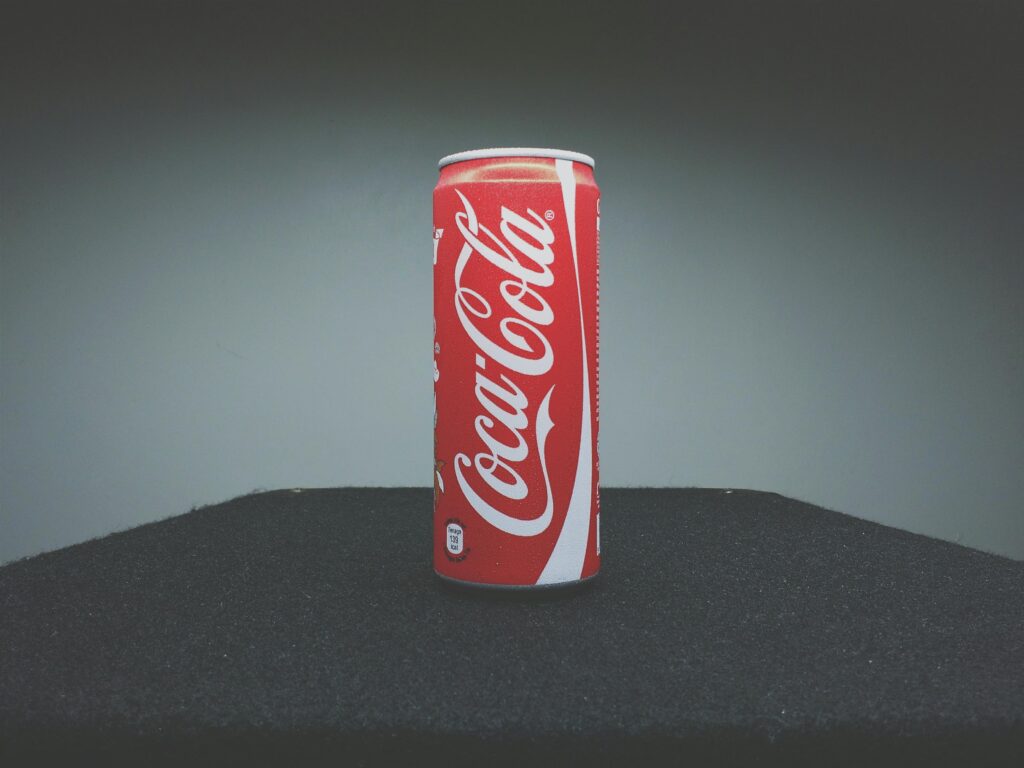At some point, every entrepreneur, artist, influencer, or even a small business owner wonders—can I trademark my own name or that catchy line I keep using in my ads? It’s a fair question.
After all, a name or slogan can become the heart of a brand. Think of names like Shah Rukh Khan or slogans like “Just Do It.” They aren’t just words; they carry identity, recognition, and in many cases, a significant commercial value.
In India, the law does allow individuals and businesses to trademark names and slogans—but not just any name or phrase will qualify. The primary law governing this is the Trademarks Act, 1999, which defines a trademark under Section 2(zb) as a mark capable of distinguishing the goods or services of one person from those of others. This means your name or slogan must act as a clear brand identifier in the eyes of consumers.
When it comes to personal names, the law doesn’t prohibit registration. In fact, Section 9 of the Act, which outlines the absolute grounds for refusal, indirectly acknowledges that names can be registered—but only if they’re distinctive and not purely descriptive.
For example, if someone tried to trademark “Ravi Sharma” for clothing, the Registry might reject it unless that name has acquired distinctiveness in the market.
If someone is copying your brand name or logo, don’t panic. This blog walks you through what to do when someone infringes your trademark.
This idea of “acquired distinctiveness” is key. It means that even if a name is common, it can still be registered as a trademark if it has been used long enough, widely enough, and in a way that makes people associate it specifically with a product or service.
This is why celebrities like Sachin Tendulkar or business figures like Narayana Murthy can protect their names under trademark law—they’re more than just individuals; their names carry commercial significance.
To understand it better, consider the following:
| Type of Name | Trademark Possibility |
| Well-known public figure | Likely, due to brand value and recognition |
| Business founder’s name | Possible, if the name has gained secondary meaning |
| Common personal name | Unlikely, unless there’s clear evidence of uniqueness |
As for slogans, they are treated similarly under Indian law. If the slogan is original, creative, and used consistently in trade or advertising, it can be registered as a trademark. But slogans that are too generic or merely describe a product—like “Pure and Fresh” or “Best in Town”—are likely to be rejected under Section 9 as lacking distinctiveness.
What works better are coined phrases or imaginative taglines that become closely tied to the business. Consider the slogan “Thanda Matlab Coca Cola”—it’s simple, yet unique to the brand, and over time, it has gained legal protection due to its wide usage and public recall.
Whether it’s your personal name or a catchy slogan, the law focuses on two things: how distinctive it is and whether the public connects it directly to your brand or business.
If your name or slogan meets the distinctiveness test, the next step is applying for trademark registration. In India, this process is done through the IP India online portal, where you’ll need to file Form TM-A. The government fee depends on who is applying. For individuals, startups, and small enterprises, the fee is ₹4,500 per class (if filed online), and for others, it’s ₹9,000.
A surprising number of trademark applications fail due to small oversights. This blog covers the most common mistakes people make while filing.
Before applying, it’s important to conduct a public trademark search to ensure no identical or confusingly similar trademark already exists.
This reduces the chance of objection or refusal later on. You can use the IP India trademark search tool, which is free and accessible to everyone. Look up your name or slogan under relevant classes based on the goods or services you offer.
If your name is generic or if your slogan sounds too much like a common phrase, you should be ready to provide evidence of distinctiveness. This includes materials like advertisements, invoices, packaging, website screenshots, social media posts, or anything that proves public association between the name or slogan and your business.
Once your application is filed, it goes through examination. If the examiner finds it acceptable, it moves to publication in the Trademark Journal, where others are given a chance to oppose it. If no one objects, it proceeds to registration.
If there are issues, you may receive an Examination Report with objections under Section 9 or Section 11 (for similarity). You’ll have an opportunity to file a reply and present your case.
Sometimes, even genuine brand slogans or names get rejected because they are too descriptive or lack uniqueness. For instance, “We Deliver Quality” may seem like a solid business phrase, but it’s too broad to qualify. On the other hand, something like “Tasty Travels” for a food truck brand may stand a better chance, especially with proof of usage.
Here’s a simple overview of the registration process:
| Step | What Happens |
| Search | Check for existing marks |
| File Form TM-A | Submit application with correct details |
| Attach documents | Include usage proof, ID, address, and logo if needed |
| Examination & Reply | Respond to any objections if raised |
| Publication & Opposition | Public gets 4 months to oppose |
| Registration | Issued if no opposition or post-hearing clearance |
In short, yes—you can trademark your name or slogan, but only if they function as a brand in the marketplace. Think beyond personal pride or cleverness. The law cares about whether your name or phrase truly stands out and connects with customers. If it does, trademark protection isn’t just possible—it’s worth it.
FAQs
1. Can I trademark my own name in India?
Yes, but only if your name is used commercially and has become distinctive in connection with your goods or services.
2. What kind of slogans can be trademarked?
Original, creative, and brand-specific slogans can be trademarked. Generic or descriptive slogans are usually rejected.
3. Is it necessary to have a registered trademark to protect my slogan?
While not mandatory, registration gives you stronger legal rights and easier enforcement.
4. What documents do I need to trademark my name or slogan?
You’ll need identity proof, details of usage, your logo (if any), and trademark Form TM-A.
5. How long does it take to register a name or slogan as a trademark?
If there are no objections or oppositions, it usually takes 6–12 months for registration.
Before filing, always do this one thing most people skip—check if the trademark is already taken using this quick method.



